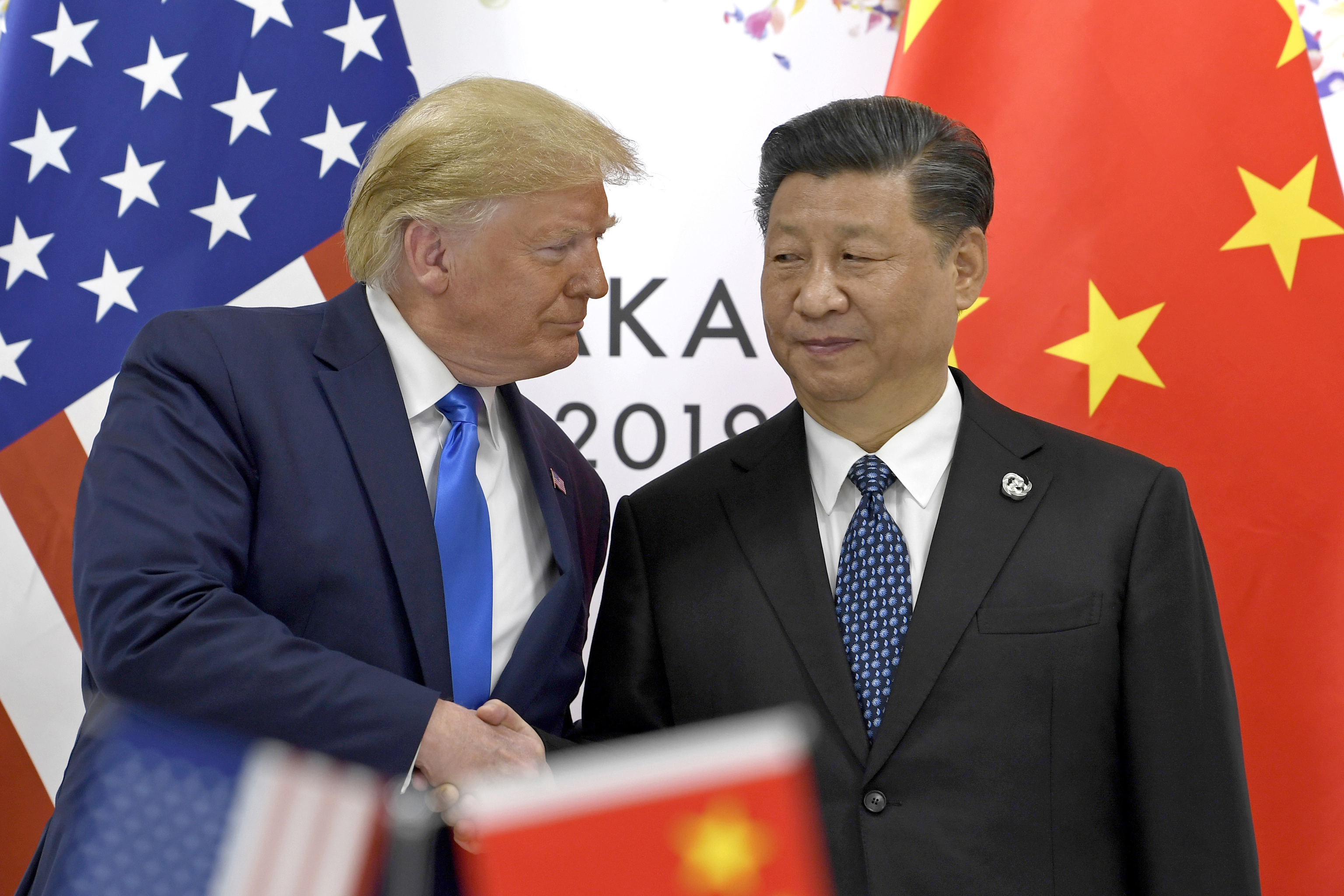Lancaster House, a mansion very close to Buckingham Palace with a huge cellar owned by the British government capable of holding nearly 40,000 bottles, was the neutral setting chosen by negotiators from the United States and China to hold two marathon days of meetings that concluded with a new trade agreement. This latest agreement, as indicated by the parties involved, mainly reinstates the ceasefire in the tariff war between the two superpowers.
US Commerce Secretary Howard Lutnick was the first to reveal that a "framework agreement" had been reached, which will be reviewed in Washington and Beijing by the respective leaders and focuses on "implementing the Geneva consensus," referring to the trade truce reached during the first negotiators' meeting last month in the Swiss capital.
This truce, which involved a significant reduction in tariffs by both parties, had been crumbling in recent weeks due to Chinese restrictions on highly demanded rare earth minerals and controls on exports of US technology.
Although no text on this "framework" has been published, Lutnick assured that both countries would eliminate the new trade barriers they had recently erected. "The negotiations have been professional and frank," stated Li Chenggang, China's Vice Minister of Commerce, from China.
The Chinese delegation was led by Vice Premier He Lifeng, Beijing's top economic official. Also present was China's Minister of Commerce, Wang Wentao. On the US side, in addition to Lutnick, Treasury Secretary Scott Bessent and Trade Representative Jamieson Greer were present. The priority in this meeting was for both parties to commit to fulfilling the agreed tariff reductions and to try to stop both countries from strangling each other in the competition for critical minerals and advanced technologies.
In Geneva, the two teams representing countries whose total goods trade exceeded $582 billion last year agreed to reduce their respective tariffs by 115 percentage points and gave themselves a 90-day deadline to resolve the trade war. However, both Washington and Beijing have accused each other of violating the agreement.
Ultimately, just when it seemed like the world's two largest economies were heading towards a new round of trade blows, Chinese President Xi Jinping and American President Donald Trump halted the breakdown of the truce with a phone call last Friday that pushed negotiators into a second round of talks.
"Both parties will report to our respective leaders on the discussions at the meeting, as well as the framework reached in Geneva. We hope that the progress we made in this London meeting will lead to greater confidence between China and the United States," stated a Beijing statement on Wednesday.
The fight intensified specifically last year, with the technological crusade of the previous administration Biden to curb the sale of advanced chips to Chinese competitors, leading Xi Jinping's government to respond by banning exports to the US of key metals such as gallium, germanium, and antimony. That list grew last April when Chinese authorities approved new restrictions on more critical minerals after the initial rounds of Trump's tariffs took effect.
This disrupted automobile manufacturers, aerospace manufacturers, semiconductor companies, and military contractors. In the first quarter, according to customs data, Chinese exports of certain critical minerals, such as antimony and germanium, decreased by 57% and 39% year-on-year, respectively. On Tuesday, the Wall Street Journal reported that Trump had instructed the team sent to London to negotiate the removal of technological restrictions so that Beijing would ease its control over minerals.
The discussions in the British capital come at a crucial time for the economies of both countries. Customs data this week showed that China's exports to the United States fell by 34.5% year-on-year in May, the sharpest drop since February 2020.
"Washington has exaggerated the concept of national security and politicized trade issues. Relentless restrictive measures have caused American companies to miss opportunities in the Chinese market," stated an editorial in the People's Daily, the official newspaper of the ruling Chinese Communist Party (CCP), on Tuesday, justifying China's export controls on rare earth minerals as a legitimate right to safeguard its natural resources.
